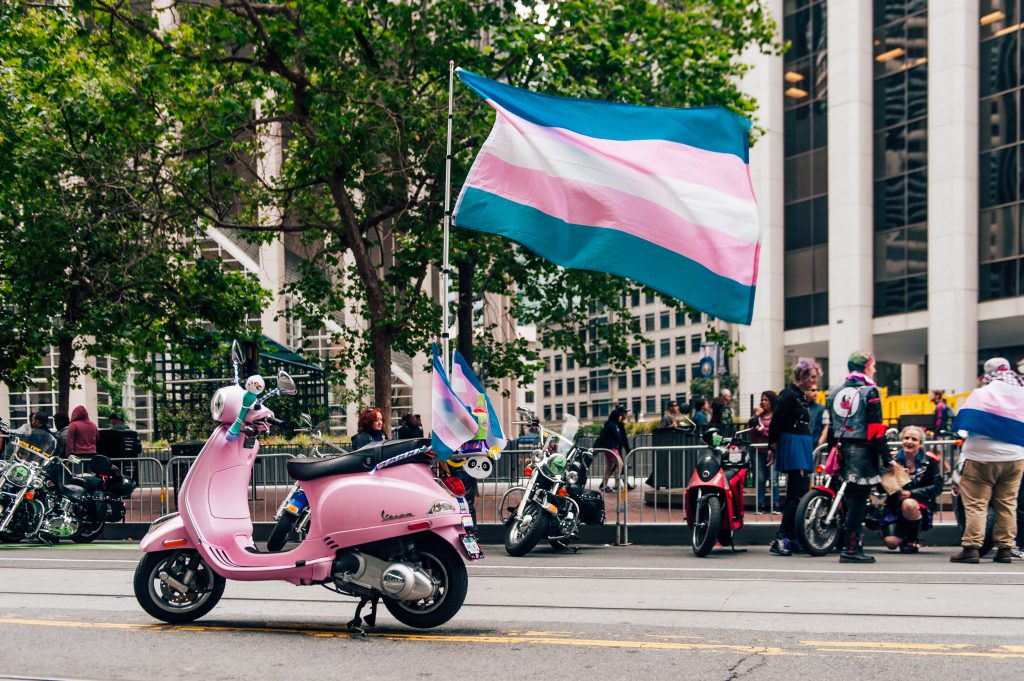Trans-Singapore: Some notes towards queer Asia as method
March 26, 2019

31 March is the International Transgender Day of Visibility, which celebrates transgender people and raises awareness of discrimination faced by the transgender community worldwide. How do transgender individuals in Singapore negotiate their identity vis-à-vis the government’s stance on gay rights?
In ‘Trans-Singapore: some notes towards queer Asia as method’ (Inter-Asia Cultural Studies, 2017), Professor Audrey Yue (NUS Communications and New Media) looks at three case studies that reinforce the significance of trans-embodiment (the process of how the transsexual body acquires meaning through social constructions and lived experiences) to Singapore’s modernity. The first examines the irony of the government’s intention to conform ‘deviant’ bodies to heteronormativity through surgery, as it encouraged public recognition of transsexual identity, subjectivity, and by implication, personhood instead. The second shows how the destruction of Bugis Street gave rise to a community of supporters, including government officials. For the trans community, Bugis Street has also become symbolic of its subcultural history. The third demonstrates how tomboy boybands capitalize on the government’s emphasis on tourism. These boybands and nightclubs provide new opportunities for the trans community to develop work-related skills.
Moreover, what is apparent across all three case studies is the logic of illiberal pragmatism, where the illegality of homosexuality has resulted in new forms of regulation, which have in turn opened up new practices of liberalism. This logic reflects how queer individuals survive and thrive in nation-states like Singapore, which still refuses to recognize gay rights. These studies also exemplify the aims of ‘queer Asia as method’, a new model of analyzing queerness in Asia. This model moves away from framing queer Asia as a static geographical site, and argues for ‘queer Asia’ as a paradigm that reorients the flows, boundaries, and hierarchies of global queer knowledge production. Its critical paradigm ensures alternative approaches that decentre Euro-centric, patriarchal, and heteronormative frameworks, and universalize differences, including transsexualities.
Read the article here.
